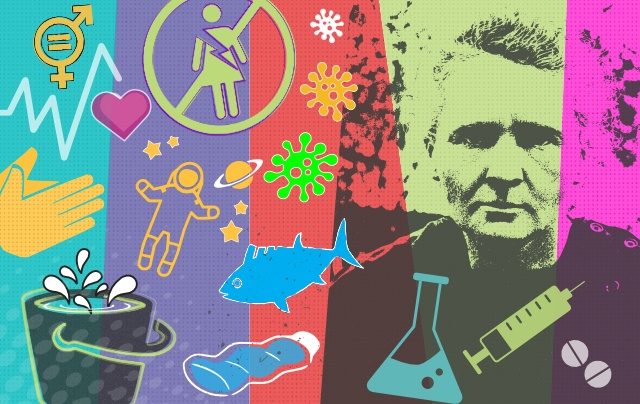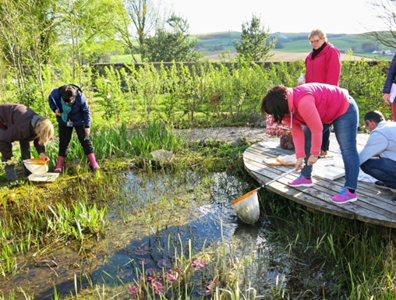The 47th G7 summit is scheduled for 11–13 June 2021 in the United Kingdom while it holds the presidency of the G7. The attendees will include the leaders of the seven G7 member states as well as representatives of the European Union.
What is the Mock G7 Programme?
Aimed at students aged 14-18 years this resource will provide teachers with the tools they need to run an immersive, active learning programme in the classroom around the G7 2021. Over three lessons students will explore what the G7 is before being challenged to take part in a mock G7 Summit.
- Part 1 – What is the G7/Y7? A lesson plan to introduce the concept of the G7 and Y7 to the students
- Part 2 – Research – students are split into 7 different groups (each group representing a different country) and then are allocated a role (world leader, Sherpa, Finance Minister and Youth Minister). They research their country’s position on ‘ocean action’, using ‘country packs’ and videos from real-world diplomats
- Part 3 – Negotiation exercise – the students take part in a simulated negotiation exercise to mirror the G7 Ministerial/Leader level dialogues. At the end of this, they produce a ‘communique’ of their top three recommendations on ‘ocean action’.
Impact
The Future Leaders Network and Young Citizens piloted the pack in 5 schools across the country in April, and the feedback was hugely positive:
- 100% of the teachers stated that they would recommend this resource to a colleague.
- 100% of the teachers either ‘agreed’ or ‘strongly agreed’ with the statement ‘the learning objectives from the lesson were met by the majority of students’.
- 100% of the teachers reported that through participating in the programme students gained the following skills and benefits: communication, presenting, listening, debating, team working and critical thinking skills.
How to get involved
If you’d like to host a Mock G7 between 7 – 25 June (or even better, alongside the G7 itself, from 11 – 13 June), all you need to do is register your interest here: Mock G7 Pack | Young Citizens. The pack is provided to them absolutely free of charge, as the development of the materials was funded by the G7 Outreach Programme Budget.






